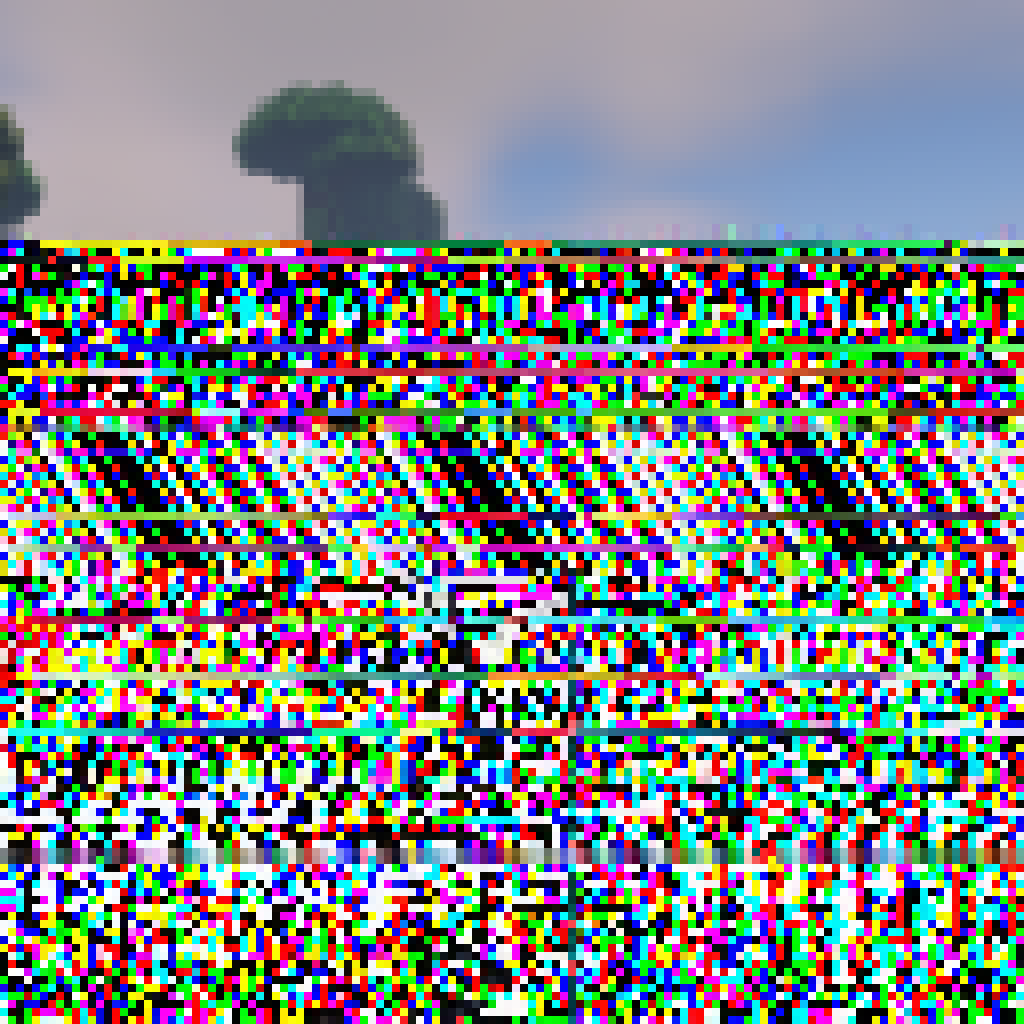Solved: decided to avoid the funkyness this would invoke and just bought another drive. all good now👍
About a year back, I moved my internal 8tb and 4tb HDDs from my main Windows machine to my old PC-turned-Linux-server. They hold a bunch of bulk data like Youtube channel archives and torrents that are open to download.
I would like to do an in-place ext4 conversion, if possible. Currently I’ve just started shuffling data off to an SSD and the plan was to slowly shrink the NTFS partitions and turn the new space into ext4, 500gb at a time (size of the intermediary SSD), but it is taking an unbearably long time. Shrinking the 4tb partition in gparted has been running for 13 hours, with an estimated 22 hours remaining! And I’ll have to do it 7 more times for the 4tb, and 16 times for the 8tb!!
Is there a better way to do this?


What’s the advantage in btrfs over ext4? I’ve kept hearing about it since I started with Linux but the only advantage I can see with it is the snapshot rollback feature, which while useful looking, I don’t think would be something I would use
It actually checks for corruption, can do raid to fix corruption, is CoW so less likely to corrupt. And it can do transparent compression.
If you are still dual booting, btrfs has a very good windows driver. Btrfs is newer and only recently started becoming the default on a couple mainline OSes. Ext4 has been around forever and is assumed to be much more stable.
Fwiw, I’ve been using btrfs for the last 18 months or so without any issue. I don’t use any of the tools. There’s no obvious or immediate performance difference like there was in the old days. We’re all on SSDs now and they’re fast no matter what.